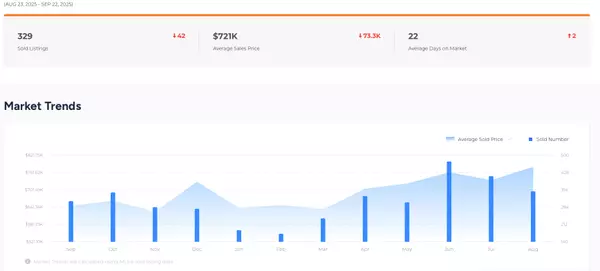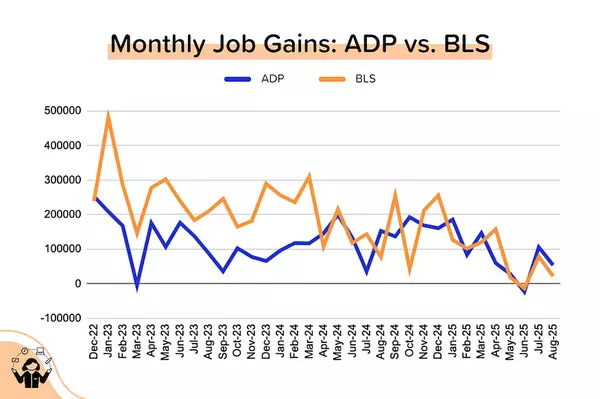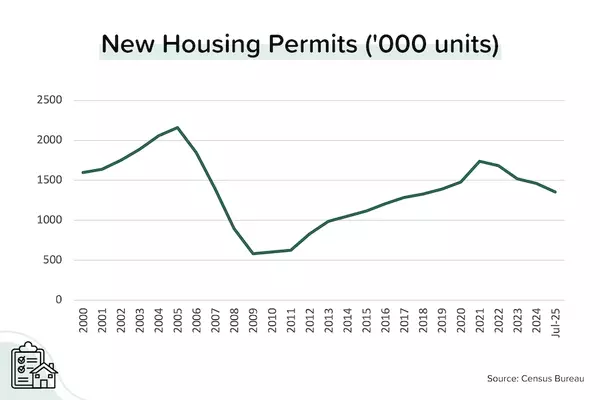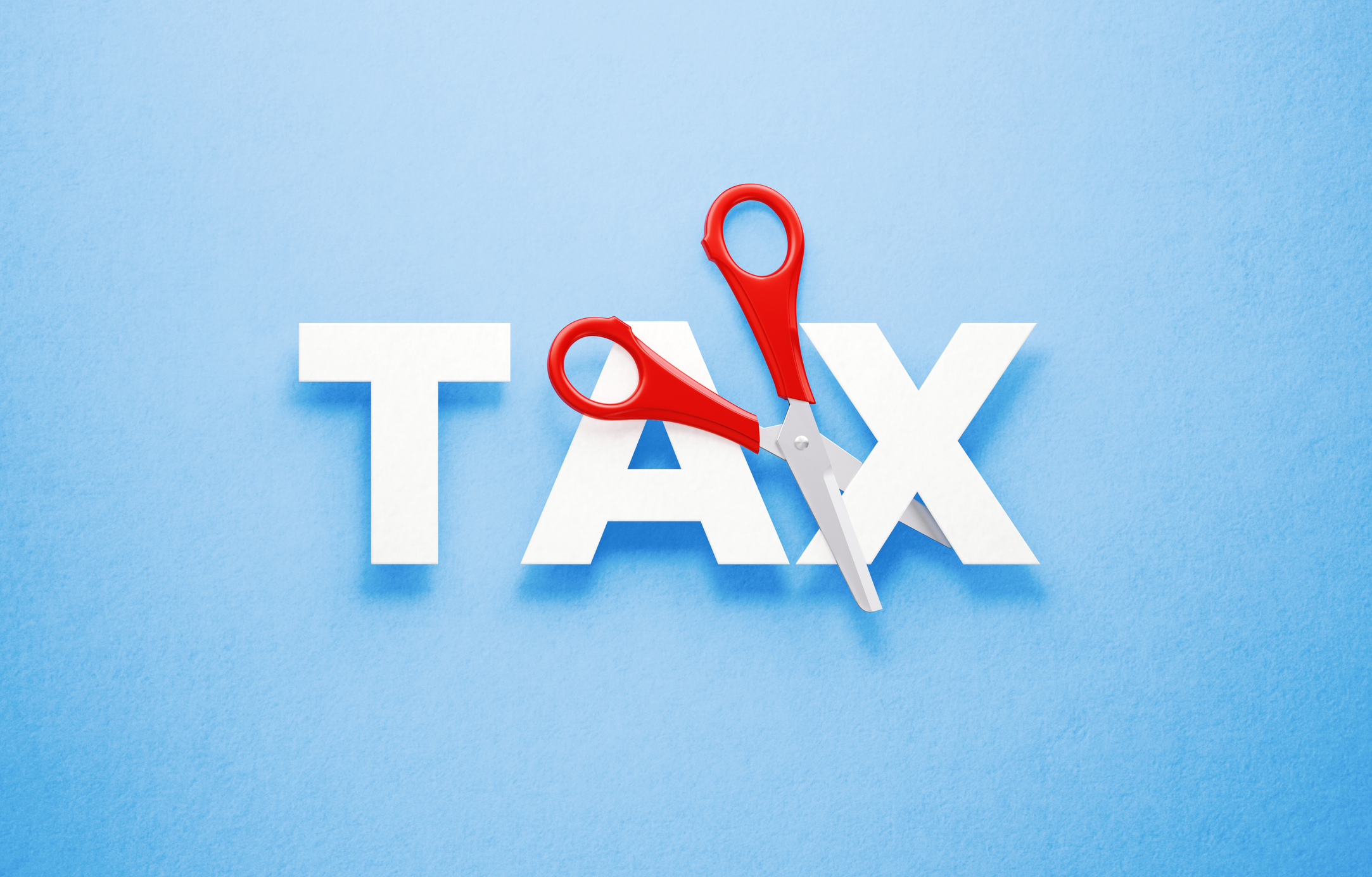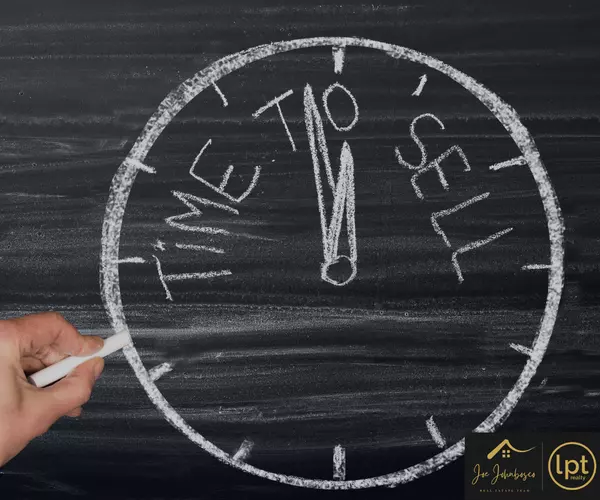What Is Escrow? A Step-by-Step Guide for Home Buyers and Sellers

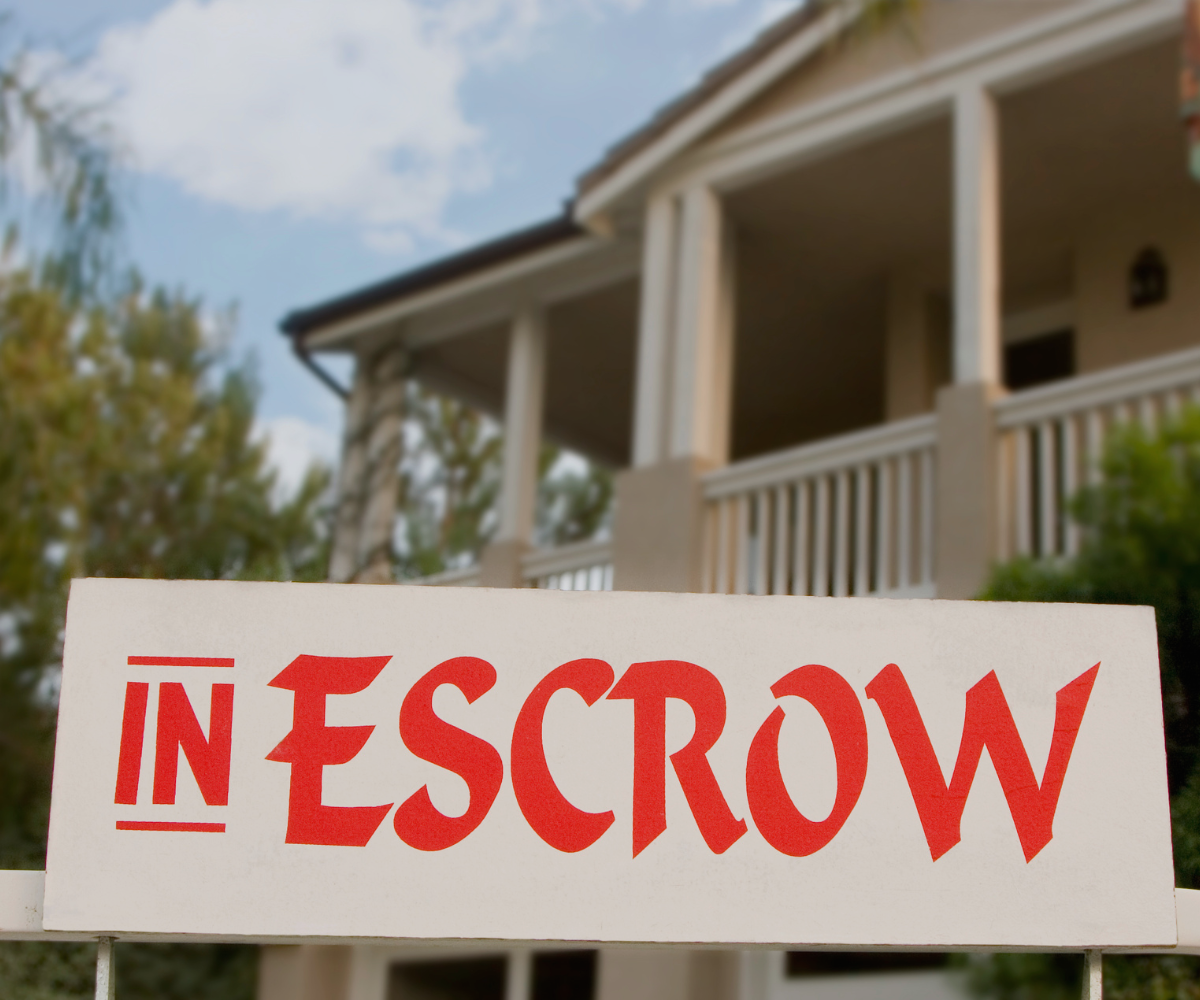
When you’re buying or selling a home, the term escrow will come up often—and it’s one of the most important parts of a real estate transaction. But what exactly is escrow, and why does it matter so much?
Whether you're a first-time buyer, a seasoned investor, or simply exploring your options, understanding how escrow works ensures your transaction is safe, smooth, and compliant. This guide breaks it all down—clearly and confidently—so you know exactly what to expect.
What Is Escrow?
In real estate, escrow is a secure process where a neutral third party holds funds and documents until the buyer and seller meet the agreed-upon terms of the sale. It protects both parties by ensuring that no money changes hands until every condition is satisfied.
In California and many other western states, the term “escrow” is widely used. In some eastern states, the process is referred to as “settlement” and may be managed by a settlement attorney. Regardless of the term used, the goal is the same: a fair and orderly transaction.
Why Is Escrow Important?
Escrow acts as a neutral hub for:
-
Buyers, who want assurance that the property title is clean and all terms are honored before funds are released.
-
Sellers, who want assurance that the buyer has secured financing and is serious about completing the purchase.
-
Lenders, who need to ensure all legal and financial conditions are fulfilled before issuing a loan.
🔎 According to the National Association of Realtors (NAR), 28% of delayed closings in 2023 were due to issues related to financing or title issues—both of which are resolved through the escrow process (source: www.nar.realtor).
How Does the Escrow Process Work?
Once the buyer and seller sign a purchase agreement, the real estate agent or transaction coordinator opens escrow with a title or escrow company. The buyer typically deposits earnest money into the escrow account as a sign of good faith.
The Escrow Holder’s Duties:
Here’s what an escrow officer or company typically handles:
-
Acts as a neutral third party between buyer, seller, lender, and agents
-
Prepares escrow instructions
-
Orders a Preliminary Title Report to identify existing liens or claims
-
Receives and disburses purchase funds, including down payment and loan proceeds
-
Ensures lender requirements are met
-
Coordinates title insurance
-
Prepares and records the grant deed
-
Prorates property taxes, HOA fees, insurance, and rent (if applicable)
-
Collects signed documents and releases contingencies
-
Closes the escrow and disburses funds to all appropriate parties
Once all the contractual obligations are fulfilled, the escrow company records the necessary documents (like the deed) with the county, and the transaction is officially closed.
How Long Does Escrow Take?
The typical escrow period lasts 30 to 45 days, though it can vary depending on loan approval timelines, inspection results, and negotiation complexity.
⏱ Stat Tip: In 2023, the average time to close on a home in the U.S. was 45 days, with cash deals averaging just 30 days (source: www.ice.com/mortgage-technology).
What Are Escrow Instructions?
Escrow instructions are the written road map of your transaction. They outline all conditions that must be met for the sale to proceed, including:
-
Sales price
-
Financing terms
-
Required repairs or inspections
-
Allocation of costs (taxes, fees, commissions)
-
Contingencies and deadlines
These instructions are customized for each transaction and ensure all parties are on the same page.
What Is a Statement of Identity?
You may be asked to complete a Statement of Identity during escrow. This confidential form is used to distinguish you from others with the same name. It includes information like your:
-
Full legal name
-
Date of birth
-
Social Security number
-
Previous addresses
This ensures that title searches, liens, and judgments are matched to the correct individual.
How Do You Open Escrow?
Your real estate agent typically initiates escrow by submitting your executed purchase contract to a trusted title or escrow company. The buyer’s earnest money deposit is submitted to be held in the escrow account until closing.
You’ll receive a receipt confirming your deposit, and all parties will begin submitting documents and coordinating tasks through the escrow officer.
What Happens at Closing?
The escrow closes when:
-
The lender funds the buyer’s loan
-
The title is clear
-
All documents are signed
-
The deed is recorded with the county
-
Funds are disbursed to the seller, lender, agents, and other parties
The buyer gets the keys—and the home officially changes hands.
Final Thoughts
Escrow is the unsung hero of real estate transactions. It ensures legal compliance, protects your financial interests, and provides a structured path to ownership. When handled properly, a good escrow process can mean the difference between a dream closing and a stressful one.
That’s why it’s essential to work with a knowledgeable real estate agent who can guide you through every step, answer your questions, and coordinate with the best escrow professionals in the industry.
🧠 For Analytical Minds:
We provide full documentation, track every financial transaction, and coordinate with your lender, title company, and attorneys to ensure compliance and legal protection.
🗣️ For Expressive Buyers:
Think of escrow as your personal concierge—handling all the behind-the-scenes work so you can focus on moving into your dream home.
🤝 For Amiable Clients:
We’ll walk with you step-by-step. No surprises, no pressure. Just clarity, confidence, and calm professionalism.
🎯 For Results-Driven Individuals:
Our job is to get your transaction done—efficiently, accurately, and without drama.
Categories
Recent Posts
